

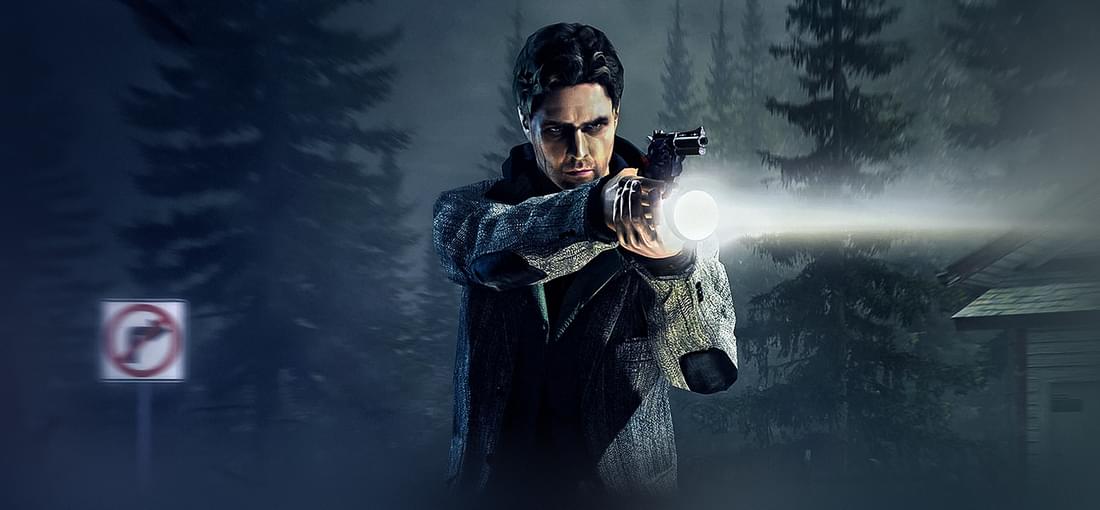
This is an old-school survival horror a la early Resident Evil games, with some dated mechanics such as a main character who can't sprint for 2 seconds without running out of breath and has to bend over to catch his breath. The 2021 remastered version, which is currently sold only on Epic Games, has much improved texture and lighting, but retains the same dated gameplay. Gunfight is awkward, dodging is awkward, and even running is awkward: when you stop running, you make two more steps forward; so don't run too close to a cliff. All this is probably forgiven because (1) survival horror usually means you are severely handicapped in combat, and (2) this game is 10 years old, which is an eternity. Having said that, I just picked this game up again and still had fun. This game has gained a major revival due to the success of the 2019 game Control, which puts the story and premise of Alan Wake in an entirely new (and brilliantly conceived) light. It doesn't make Alan Wake a better game, though. Add one more star if you are a retro fan and don't mind the outdated elements.
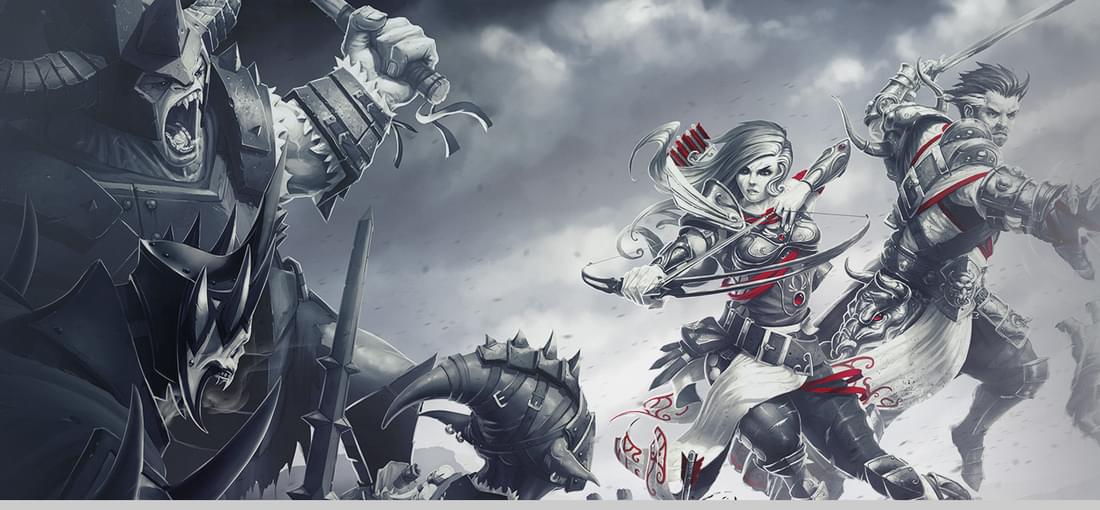
This is a very long game (100+ hours), almost feels like open-world. But it does have interesting things to do and see every few steps of the way. So time flies by very quickly. There are lots of quests, but this game is "old school" in that quests don't often tell you obviously where to go or what to do next -- some players like it like that. Crafting, bartering, repairing, identifying, looting, pickpocketing, lockpicking, a fairly interesting karma system (materialistic or spiritual, pragmatic or romantic, etc.) and all the usual RPG mechanics are there. This is not one of those shallow hacking action RPGs, but a fairly traditional one that has a whole spectrum of mechanics. Combat is strictly turn-based, and there seems to be no battleground limit: you can run from one end of the map to the other during combat. My criticism is with the dialog and characters: much of that seems like caricature. The game attempts to be comical, but dialog (90% voiced) is often turgid and bloated ("Oh, Septimus, don't leave me alone or I'll faint!"). Comedic touches are abound. There is a smelly undergarment that gives +1 charism, and your character can actually equip it. One genuinely funny moment early in the game shows your heroes being unable to step over a rope on the ground; you later find out it is a way to teach you teleporting.
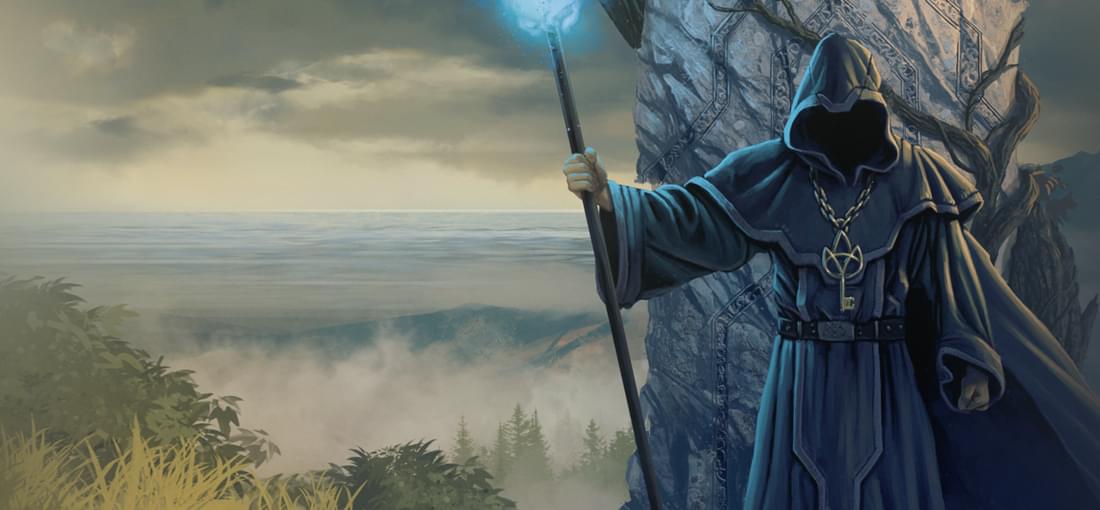
This game improves on the first, and is best game of its kind: a grid-based dungeon-crawling RPG. It opens up with a fairly big world with dungeons, forests, cemeteries, and even underwater action. And it is packed with puzzles. And those aren't lightweight puzzles you often get in RPGs either. You deal with obtuse word clues, environmental clues, and tiny hard-to-see switches in dimly-lit rooms. The puzzles are so advanced that you can call this a puzzle game. Combat is similar to the first LoG game, which is mouse-heavy, very clicky action. Like LoG1, you play a group of 4 escaped prisoners who are chained at their feet, so they all have to move together and fight as a group. The 4 characters happen to be melee, ranged, and magic attackers. Even though the game supports resolutions up to 3840x2160, this game must be played in 1920x1080 or under, as higher resolutions will render the user interface too small because it doesn't scale. Since combat is very clicky, mouse control on a tiny interface in the heat of battle is next to impossible.

A exploration game like this needs a memorable location, but the fairly ordinary hotel in this game just doesn't do it. Some hidden passages and three secret hideouts are basically all the intrigue. This is definitely not the hotel in Shining, which I would've loved to visit instead. The story is well-meaning (involving the death of a 16-year-old girl who had dated an older man), but it is fairly slight as well. The "pedophilia angle" of this game is a non-issue since its presence is purely incidental; and the game doesn't take a moral stance about it at all, since a whole different crime is involved. Gameplay is limited as well, as there are few puzzles and few objectives. Basically, the "world" of this game just isn't as interesting. This isn't 2013 anymore when Gone Home first came out. This genre has evolved a great deal, and some games of this type create unforgettable worlds, such as What Remains of Edith Finch, Close to the Sun (a disappointing game but a richly designed location), Stanley Parable, Observation, Tacoma, Among the Sleep, etc. The field is far more competitive today, so small and big studios alike all have to literally raise their games.
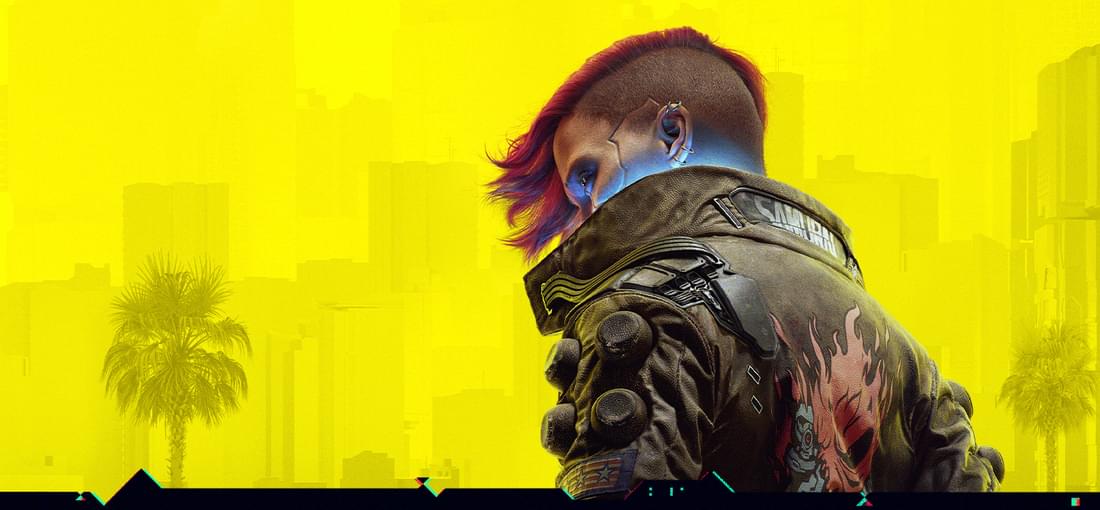
This game is a massive disappointment to many people in terms of what had been promised and what was delivered at launch, but it is a fun experience to be had nonetheless. The exquisite world-building, deep lore, and memorable and well-voiced characters are the strongest points. Some of the lackluster game mechanics are sadly not likely to be improved on. The different "life paths" that used to be the game's selling point is just a short prologue section. The simplistic police warrant system is no match against the sophisticated bounty systems seen in RDR2 and GTA5. Vehicles can't be modified, unlike in GTAV. On the plus side, the role-playing system is fairly comprehensive: melee, gun, hacking, lockpicking, crafting, stealth. Cyberwares are fun to use, such as mantis blades and mass vulnerability. There are tons of weapons, and auto-targeting smart guns are fun to use. Besides the main quest and the main companion quests, which are the game's strong points, there are also tons of side quests and gigs. I've put in 200 hours and still haven't finished all the gigs. In time, we may a little more forgiving towards this game.
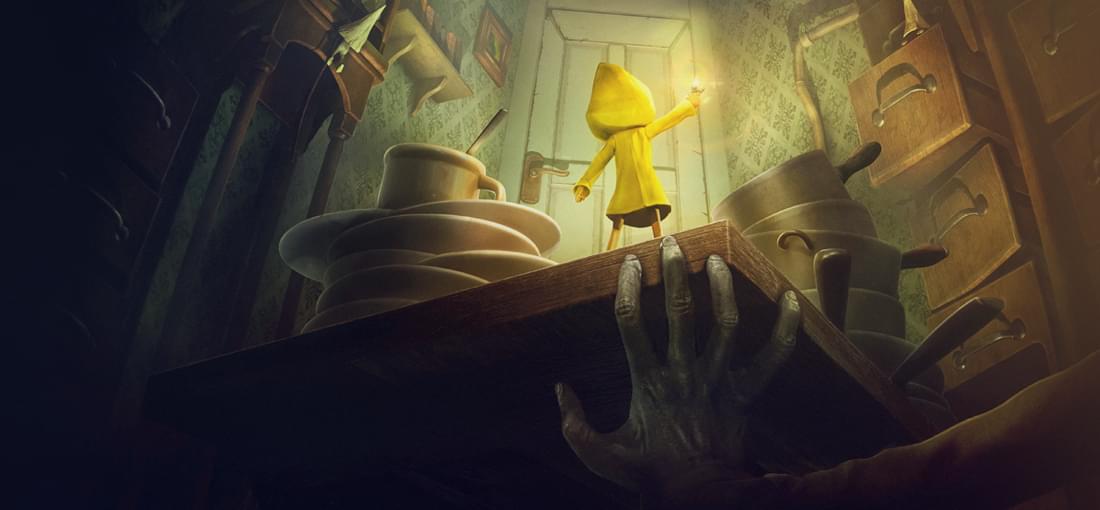
I have great admiration for the artistry in these puzzle platformers, like Limbo, Inside, and Little Nightmares, that have garnered great mainstream attention, including from people who don't normally play platformers. But the sticking points for me have been that, why are these games so short (take less than half a day to finish), and where is the platforming? The kind of platformers I've always known are supposed to be fast-paced and action-packed. Games like Little Nightmares are the antithesis. There is even a stealth mechanic in Little Nightmares, which is such a weird thing to see in a platformer. In some challenges, you stealth your away slooowly across a big room to avoid the big baddies, which almost made me die of old age. This kind of sleepy and slow-paced platformer is almost a different genre entirely, and it may not be everyone's cup of tea.
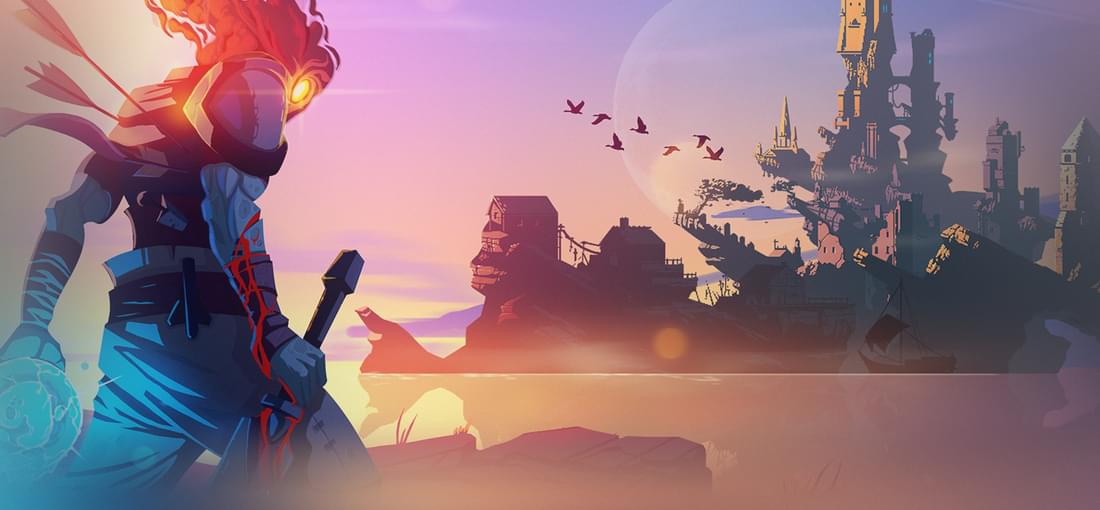
In this game you go through levels killing enemies to harvest their "cells." If you survive a level you can cash in the cells to earn upgrades. If you die mid-level, whether you are at the first or tenth level, you are put back at the start of the very first level in addition to losing all the cells you earned. This may seem harsh, but this is actually what the game intends you to do. You are supposed to grind the early levels enough times so that you earn enough cells to get upgrades to your weapons, stats, and abilities. You get stronger and stronger, then progress further in later levels. The key of this game is to earn cells, so sometimes it is better to avoid combat, head for the exit, and cash in your cells. The game makes grinding less boring by having all procedural level designs. You see different (but not wildly different) layouts for the same levels every time you respawn from death. The game does not auto-save, but saves your progress when you exit the game. Some upgrades are permanently saved. Dead Cells is a mostly combat-heavy game, unlike those acrobatic platformers like Celeste or Ori. But Dead Cells does have optional "challenge rooms" that offer great acrobatic challenges. There are bosses, as well. You can wield different combinations of weapons: sword and shield, sword and bow, shield and bow, etc. There are traps and turrets you can set. The PC version lets you remap keys and mouse controls. I play this game with a keyboard only and have no problem with the controls. Game controllers are also supported.
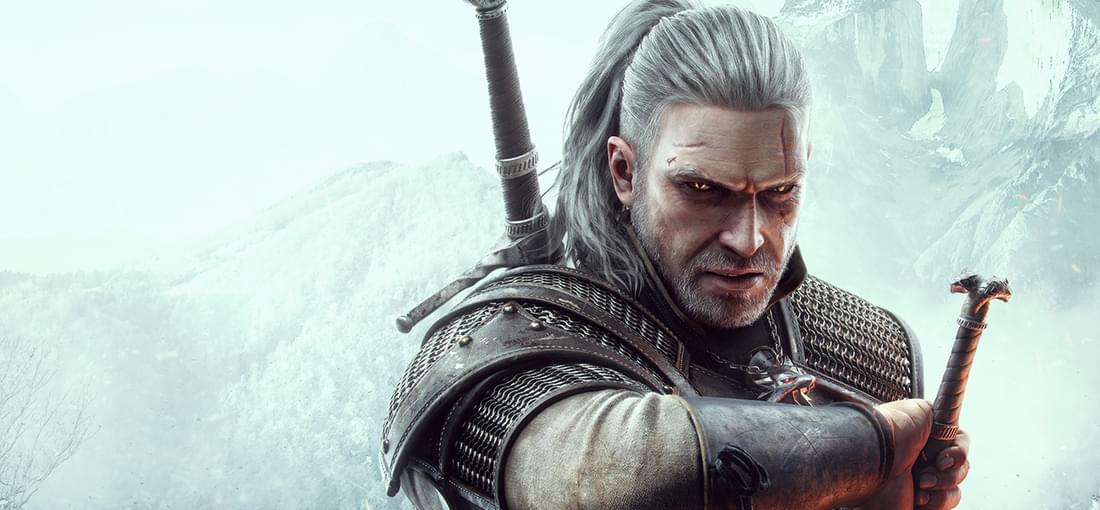
Witcher 3 is roughly as big as Fallout 4 or Skyrim in terms of hours of gameplay - about 200 hours from the base game and 80 hours from the DLC if you are thorough. The combat mechanics aren't as good as those in the two Bethesda games, but the storytelling in Witcher 3 is a notch above everything else I've seen. Many of the storylines in the main and side quests involve moral decisions that are more nuanced and thought-provoking than what you are used to seeing in other RPGs. There are many branching paths that allow you try different decisions. Consequences from those decisions can be shocking, and are not often predictable. The writing, quest designs, cut scenes, all the lore text, character bios, bestiary info, etc., are all top notch. And the game world is huge. Other than loading a save, there is no screen-loading anywhere you go, astonishing for a world this size. One minor quibble is that the dungeons in Witcher 3 are generally kind of small. Another minor quibble is that the game starts with an underwhelming tutorial zone that takes 6-8 hours. That usually leads to an unfavorable first impression in many first-time players. But once you are past that, the game really gets going.
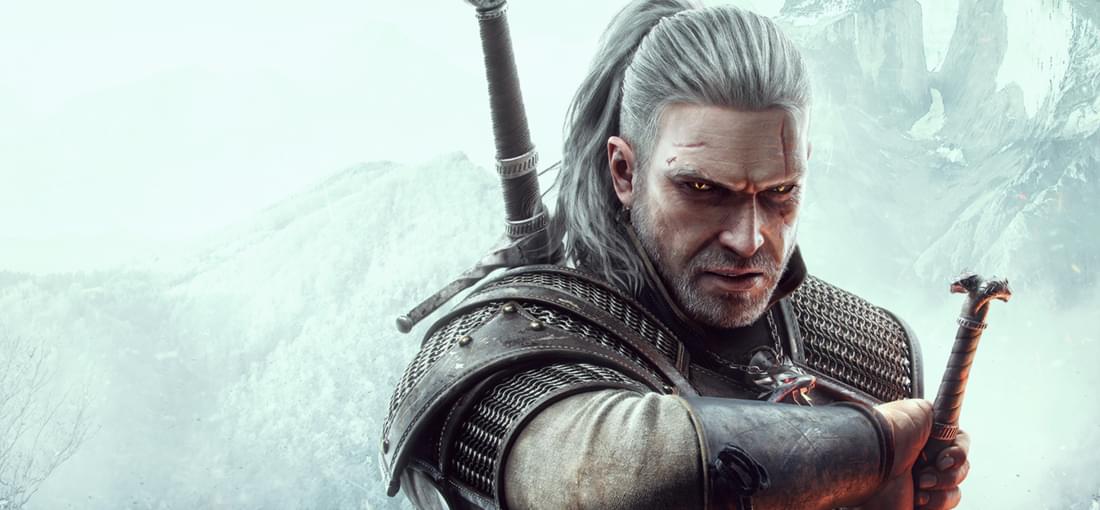
Witcher 3 is roughly as big as Fallout 4 or Skyrim in terms of hours of gameplay - about 200 hours from the base game and 80 hours from the DLC if you are thorough. The combat mechanics aren't as good as those in the two Bethesda games, but the storytelling in Witcher 3 is a notch above everything else I've seen. Many of the storylines in the main and side quests involve moral decisions that are more nuanced and thought-provoking than what you are used to seeing in other RPGs. There are many branching paths that allow you try different decisions. Consequences from those decisions can be shocking, and are not often predictable. The writing, quest designs, cut scenes, all the lore text, character bios, bestiary info, etc., are all top notch. And the game world is huge. Other than loading a save, there is no screen-loading anywhere you go, astonishing for a world this size. One minor quibble is that the dungeons in Witcher 3 are generally kind of small. Another minor quibble is that the game starts with an underwhelming tutorial zone that takes 6-8 hours. That usually leads to an unfavorable first impression in many first-time players. But once you are past that, the game really gets going.
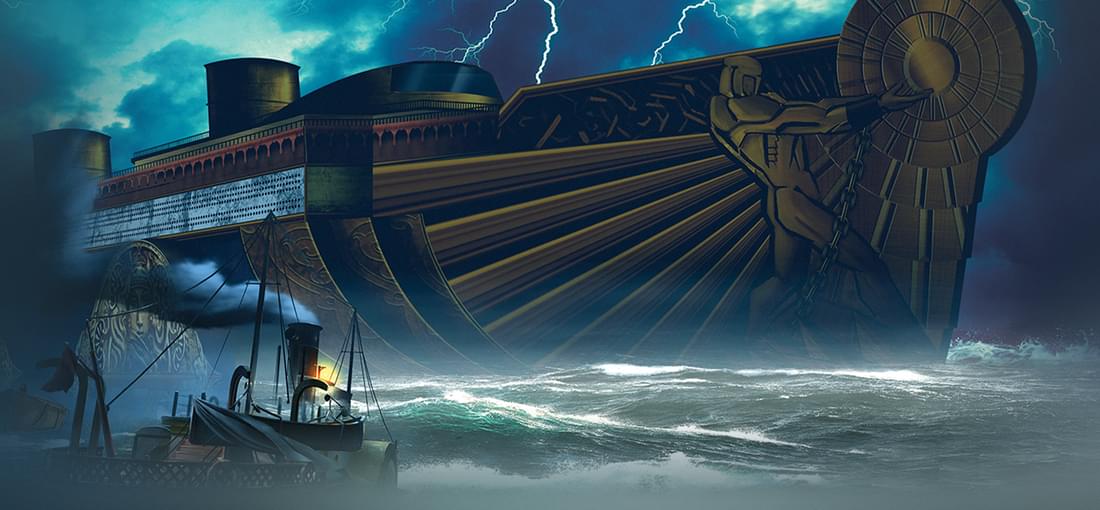
All the locations are beautifully designed and you have first-person freedom to move around in them. But there isn't enough interesting interaction in the game. There are many rooms where you have nothing to do but reading a couple of notes or pulling a lever. Some action moments, like running away from the enemy, break the monotony but not much. The plot is the same old same old scientific-experiments-gone-awry type. This game belongs in the adventure genre, where the goal is usually storytelling first and gameplay second; but the bane of this genre is usually the lack of interesting gameplay.